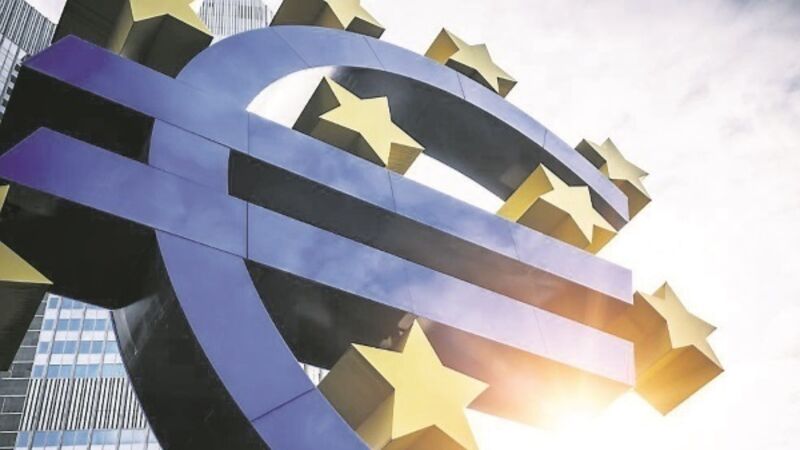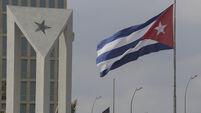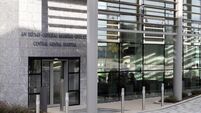A decade on from bank bailouts: Scars remain for those hardest hit

Ten years ago this month, the financial world was rocked by the collapse of a Wall Street giant. Lehman Brothers’ spectacular bankruptcy sparked a financial crisis in the US that ricocheted around the world. The collapse caused chaos in US financial markets: stock prices plummeted and markets feared that even larger financial institutions, from Morgan Stanley to Goldman Sachs and Citigroup, might fail.
It was an event that would have major implications for many countries, including Ireland. Within weeks, the global tsunami landed on our shores and the Irish Government was forced to bail out our failing financial institutions.
















